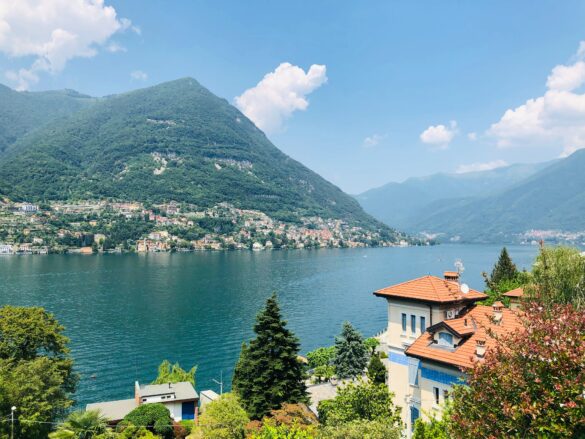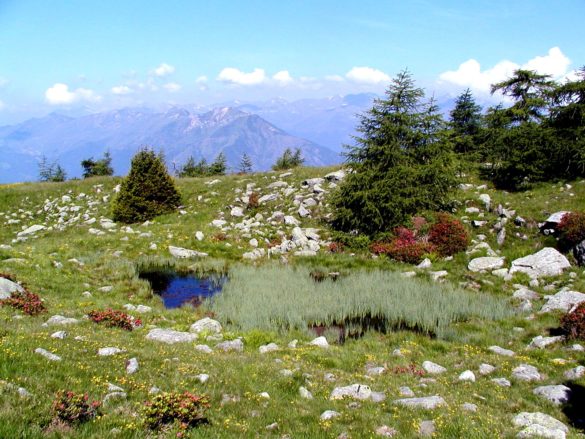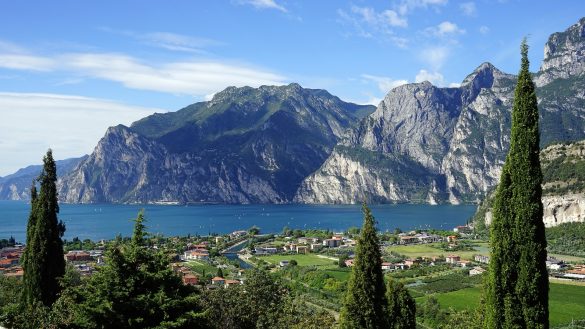In the face of global challenges, Lombardy, Italy, has embarked on a visionary journey towards sustainability through its Regional Programme for Energy, Environment, and Climate (PREAC).
Background
The past two years, marked by the pandemic, energy crises, and geopolitical uncertainties, have underscored the urgency of environmental sustainability in Lombardy’s economy and society. Recognizing this need, the Regional Programme for Energy, Environment, and Climate (PREAC) emerges as a strategic initiative to foster a future of social and economic well-being, combat climate change, improve air quality, and stimulate economic development.
Guiding Principles and Objectives
The foundation of Lombardy’s sustainable roadmap delineates four fundamental guidelines crucial for Lombardy’s transition:
- Reduction of Consumption: focused on increasing efficiency in end-use sectors.
- Development of Local Renewable Sources: promoting self-consumption for a sustainable energy future.
- Growth of the Production System: emphasising research and innovation to drive decarbonization and the green economy.
- Adaptive and Resilient Response: preparing Lombardy to face the challenges of climate change.
Lombardy’s PREAC aligns with important broader European initiatives like the “Green Deal,” “Fitfor55,” and “RePowerEu,” emphasising an “ecological conversion” as an opportunity for both environmental and economic advancement. By reinforcing its objectives in line with national and European policy developments, PREAC aims to reduce greenhouse gas emissions by an ambitious 43.8% by 2030 compared to 2005.
Other goals related to the strategic ones are the reduction of energy final use by a 35,2%, and 35,8% of final used energy produced from renewables. Since the morphological and meteorological conditions of the territory do not allow the use of wind power, the regional renewable production is achieved mainly through the development of photovoltaic plants, heat pumps and renewable heating districts.
Strategic goals don’t count great industrial plants included in the European ETS system, since in the framework of the “Fit for 55”, they have to achieve 61% reduction by 2030, and the process is directly managed by the European level.
The 2030 goals are set to define the strategical path to a “zero emissions” region by 2050.
Implementation Measures
PREAC’s Implementation Measures encompass a comprehensive array of actions and interventions designed to involve citizens, businesses, public authorities and many other stakeholders. Key actions include the development of district heating, renewable energy communities, improvement of construction efficiency, decarbonization of industry, and initiatives to address energy poverty and climate adaptation. Particular attention is given to reduce energy use in buildings, since they are the main contributor to greenhouse gas emissions.
These measures are strategically designed around activation levers such as simplification and regulation, incentives, territorial planning, and participation and networking. Of particular importance are cross-cutting initiatives that emphasize information, training, behaviour, and the participation of all stakeholders in achieving decarbonization objectives. Measures aim at promoting decarbonization, and in the meantime creating occasions for economic and social development. A particular focus is given also to the development of renewables and the use of hydrogen. The latter is not expected to be largely used by 2030, but it’s crucial giving the path to a fully deployment by 2050.
Acknowledging the vital role of community participation, the Government of Lombardy underscores the importance of information, formation, and communication. Institutions, industries, and citizens are viewed as active contributors to the programme’s success.
Lombardy’s PREAC represents a significant stride towards a sustainable future, exemplifying how regional initiatives can align with global goals. By fostering collaboration, innovation, and resilience, Lombardy paves the way for a model of sustainable development that others can learn from and emulate.
More information
Programma Regionale Energia Ambiente e Clima (PREAC) (regione.lombardia.it)





